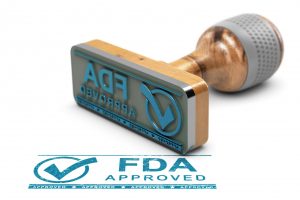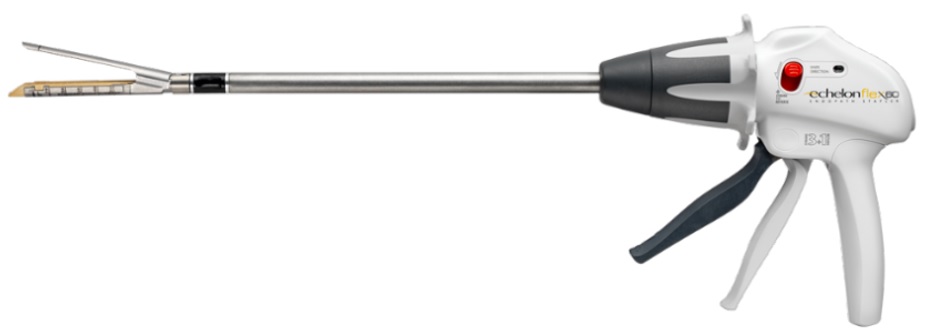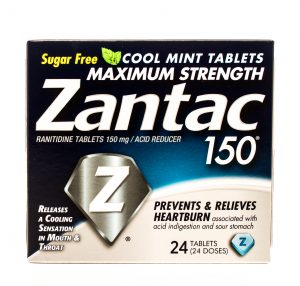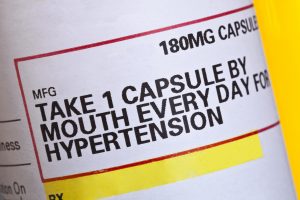 Artificial hips offer a new lease on life to many thousands of people each year. They provide recipients the opportunity for independent living and mobility they might not otherwise have. Unfortunately, they also come with risks, one of the most prominent being metallosis. But there’s also another potential risk where the femur (thigh bone) could break.
Artificial hips offer a new lease on life to many thousands of people each year. They provide recipients the opportunity for independent living and mobility they might not otherwise have. Unfortunately, they also come with risks, one of the most prominent being metallosis. But there’s also another potential risk where the femur (thigh bone) could break.
The femur is the largest and strongest bone in the body. Yet the process of implanting an artificial hip, along with the older age of most patients who receive artificial hips, means there’s a greater risk of a thigh bone fracture. If this happens, artificial hip revision surgery may be needed.
The U.S. Food and Drug Administration (FDA) recently issued a safety communication alerting patients with the Zimmer Biomet CPT Hip System Femoral Stem 12/14 Neck Taper of an increased risk of thigh bone fracture. Let’s take a look at this safety communication and what you should do if you received this implant.
 North Carolina Product Liability Lawyer Blog
North Carolina Product Liability Lawyer Blog





 During the course of surgery, a doctor may need to find a way to connect sections of organs or close wounds. One way to do this is through the use of sutures, a special type of thread. Another way is with the use of surgical staples. The Ethicon surgical stapler is pictured at right.
During the course of surgery, a doctor may need to find a way to connect sections of organs or close wounds. One way to do this is through the use of sutures, a special type of thread. Another way is with the use of surgical staples. The Ethicon surgical stapler is pictured at right.


